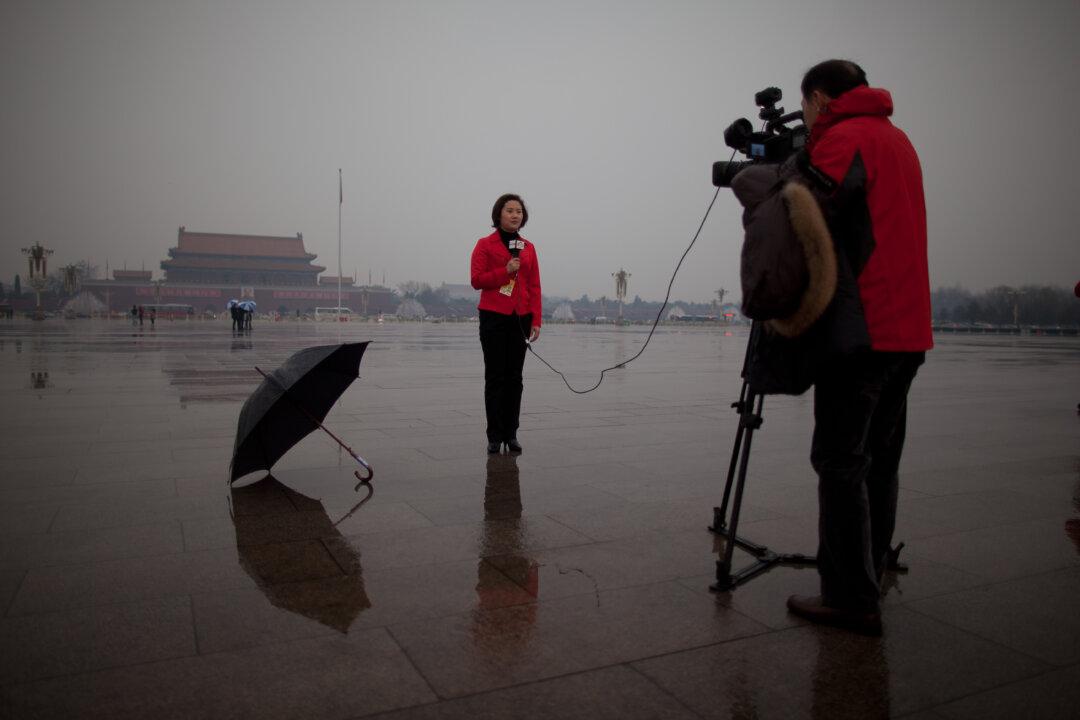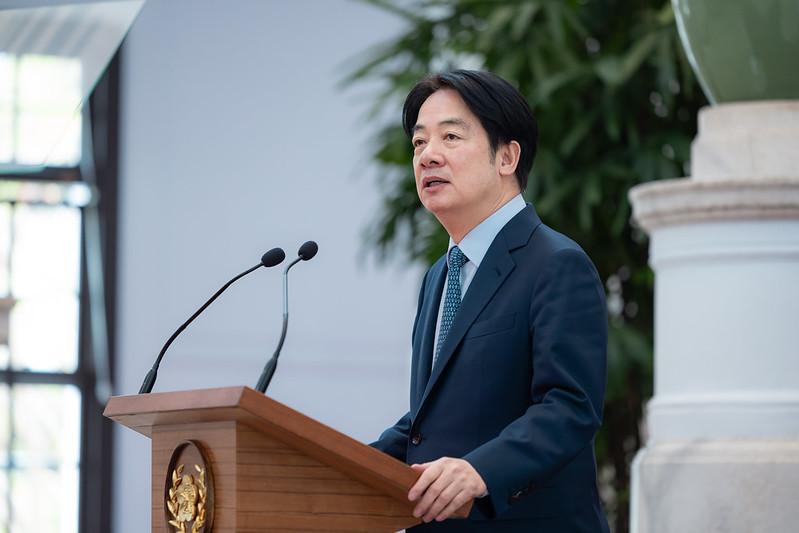U.S.-China relations have taken a nosedive since the Trump administration repeatedly called out the communist regime’s coverup of the COVID-19 outbreak and criticized Beijing for exacerbating the pandemic crisis. But a recent propaganda directive sent out by China’s National Radio and TV Administration reflected a new type of hostility the communist regime wished to project toward the United States.
According to state-run media The Paper, China’s National Radio and TV Administration, one of the Communist Party’s main censorship agencies, delivered its directive in a video conference on July 17. In order to “highlight ideological values,” all radio and TV channels are required to broadcast [four types of] programs that “lift the spirit”: “the war against Japan’s invasion, resistance to the aggression from America, aiding North Korea, and touching stories about the containment of the pandemic.”




